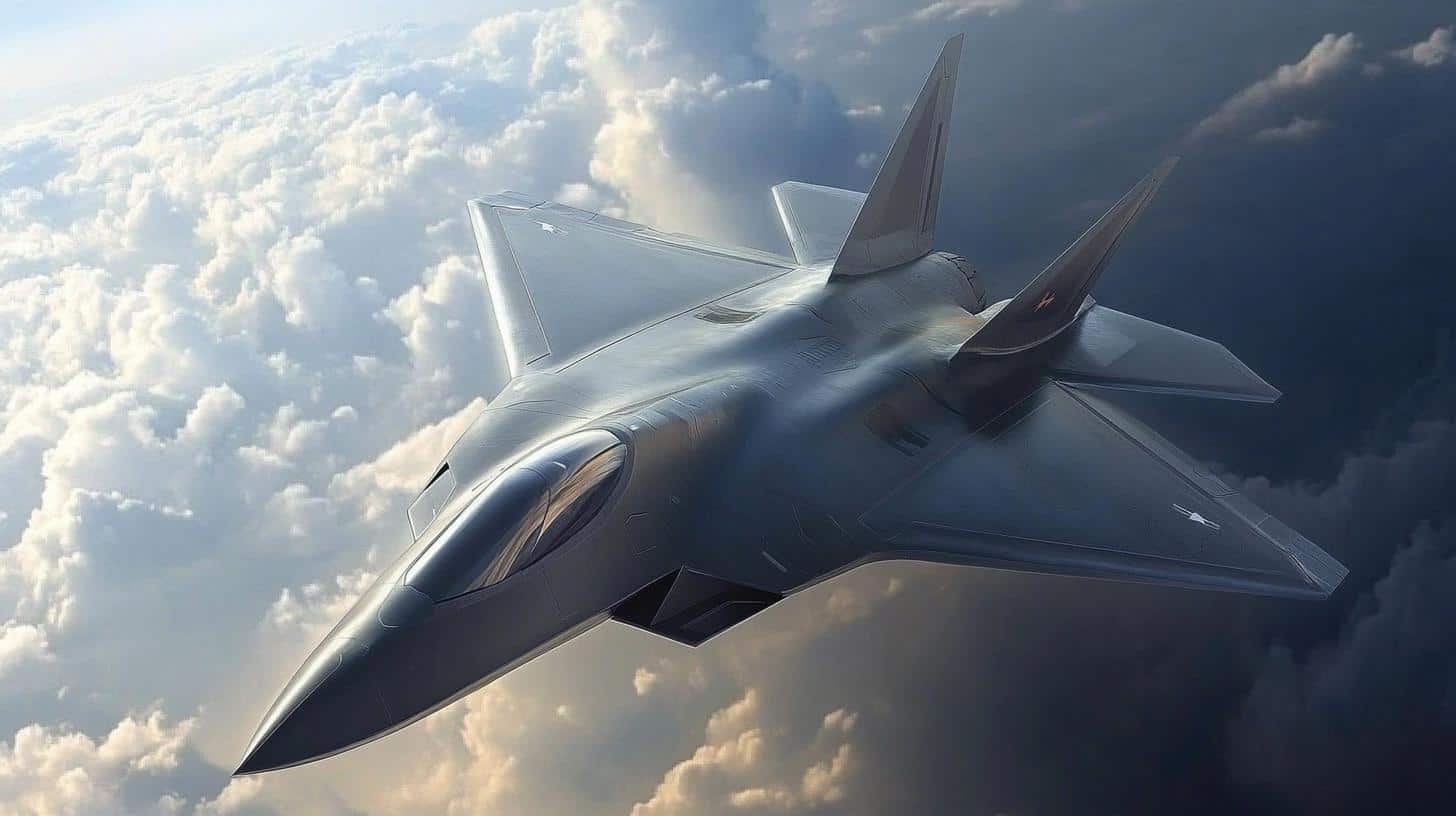- The EV industry is undergoing a significant shift, with China leading in battery technology innovation.
- Ford CEO Jim Farley recognizes the need for Western automakers to adopt Chinese battery technology to remain competitive globally.
- China, with companies like CATL, dominates EV battery production, controlling over 80% of global lithium-ion battery manufacturing capacity.
- Ford plans to incorporate CATL’s technology into its BlueOval Battery Pack by 2026, highlighting the urgency of adapting to this shift.
- The article emphasizes a strategic integration of Chinese expertise with American innovation to maintain a competitive edge.
- Western automakers face pressure to innovate quickly in response to China’s dominance and global electrification trends.
- This scenario represents a broader need for global collaboration to drive the future of transportation effectively.
The electric vehicle (EV) industry is in the throes of a revolution, spearheaded not by Western innovation but by a rapid surge from China. In an industry-defining pivot, Ford CEO Jim Farley acknowledged a startling truth: to compete globally, Western automakers must harness Chinese battery technology. This seemingly paradoxical strategy underscores a dramatic shift in a sector traditionally dominated by American ingenuity.
Once, the tables were turned—Chinese manufacturers leveraged American intellectual property to fuel their rise. Today, this gamble has paid off spectacularly, positioning China as the powerhouse of EV battery production. The realm is led by giants like CATL, whose cutting-edge technology now forms the backbone of Ford’s ambitious projects.
In a stark revelation, Farley emphasized the strategic necessity of accessing Chinese IP to bolster America’s competitive edge. His bold vision calls for integrating Chinese expertise with America’s innovative prowess and market scale, challenging the dominance of the East. Yet, Ford’s reliance on CATL’s technology for its upcoming BlueOval Battery Pack, expected by 2026, underscores the urgency and complexity of this global race.
Such cross-border dynamics reflect a broader reality: China commands over 80% of the world’s lithium-ion battery manufacturing capacity. As tariffs on Chinese EVs offer scant protection, Western automakers face mounting pressure to innovate rapidly or risk being eclipsed.
As the world hurtles toward an electrified future, the race to revitalize the industrial economy becomes paramount. This is more than a competition—it is a call to adapt, innovate, and strive for a balance where global expertise converges to shape the future of transportation.
How China’s EV Battery Dominance is Redrawing the Global Automotive Map
The rapid ascent of China’s electric vehicle (EV) battery industry is reshaping the global automotive landscape, affecting not only car manufacturers but also countries, communities, and future technological trends. This development is driven by China’s mastery of battery production, which is becoming critical to the success of electric vehicles worldwide.
The Power Shift in EV Battery Production
China commands more than 80% of the world’s lithium-ion battery manufacturing capacity, an overwhelming lead facilitated by large-scale industrial policies and substantial investments in technology and infrastructure. Leading companies like CATL (Contemporary Amperex Technology Co., Limited) have been pioneers in innovative battery technologies, outpacing their Western counterparts in both production scale and cost efficiency.
These advancements are crucial because batteries account for a significant portion of an EV’s cost—any breakthroughs in manufacturing can drastically alter both the vehicle price and market dynamics.
The Global Implications
# Economic and Strategic Dynamics
The dominance of Chinese battery manufacturers presents a unique set of challenges and opportunities for Western automakers like Ford. On one hand, partnering with firms like CATL allows access to cutting-edge technology necessary for producing competitive EVs. On the other hand, it raises concerns about over-reliance on foreign technology, particularly in a sector as strategically important as automotive manufacturing.
Western countries, including the U.S. and EU nations, are actively exploring policies to encourage domestic battery production, including subsidies and incentives for developing local supply chains and technology hubs.
# Technological and Environmental Impact
The push for EVs stems from the need to reduce greenhouse gas emissions and combat climate change. The mass production of efficient, affordable batteries is critical to making EVs accessible on a global scale, aligning with international environmental goals as outlined in agreements such as the Paris Accord.
China’s advancements in battery technology could accelerate the adoption of EVs worldwide, potentially minimizing the carbon footprint of transportation, which is one of the largest contributors to global CO2 emissions.
# Political Considerations
The reliance on Chinese technology could have political ramifications, as seen in other industries where supply chain dependencies have led to tensions and disruptions. There’s a growing call for diversification to create a more resilient supply chain and to avoid potential geopolitical pitfalls.
# Questions and Answers
– Why is Chinese technology pivotal in the EV battery sector?
– China’s capacity for innovation, coupled with an unparalleled production scale, makes it crucial for affordable and efficient battery solutions. Furthermore, domestic investments and favorable policies have propelled CATL and others to the forefront of global battery production.
– How does this shift affect Western automakers like Ford?
– It pushes these companies to reconsider their manufacturing strategies, placing a premium on partnerships and technological collaborations with Chinese firms while simultaneously bolstering local development efforts.
– What are the long-term implications for global transportation?
– We should see an expedited shift towards electrification, lower vehicle prices, and reduced carbon emissions, but also a redefined competitive landscape where cooperation across borders is both necessary and strategic.
# Links for Further Reading
– CATL Official Website
– Ford Motor Company
The strategic interplay between Chinese technology and Western innovation is crucial as the automotive industry navigates through this electrification era, presenting new challenges and offering transformative solutions.

















